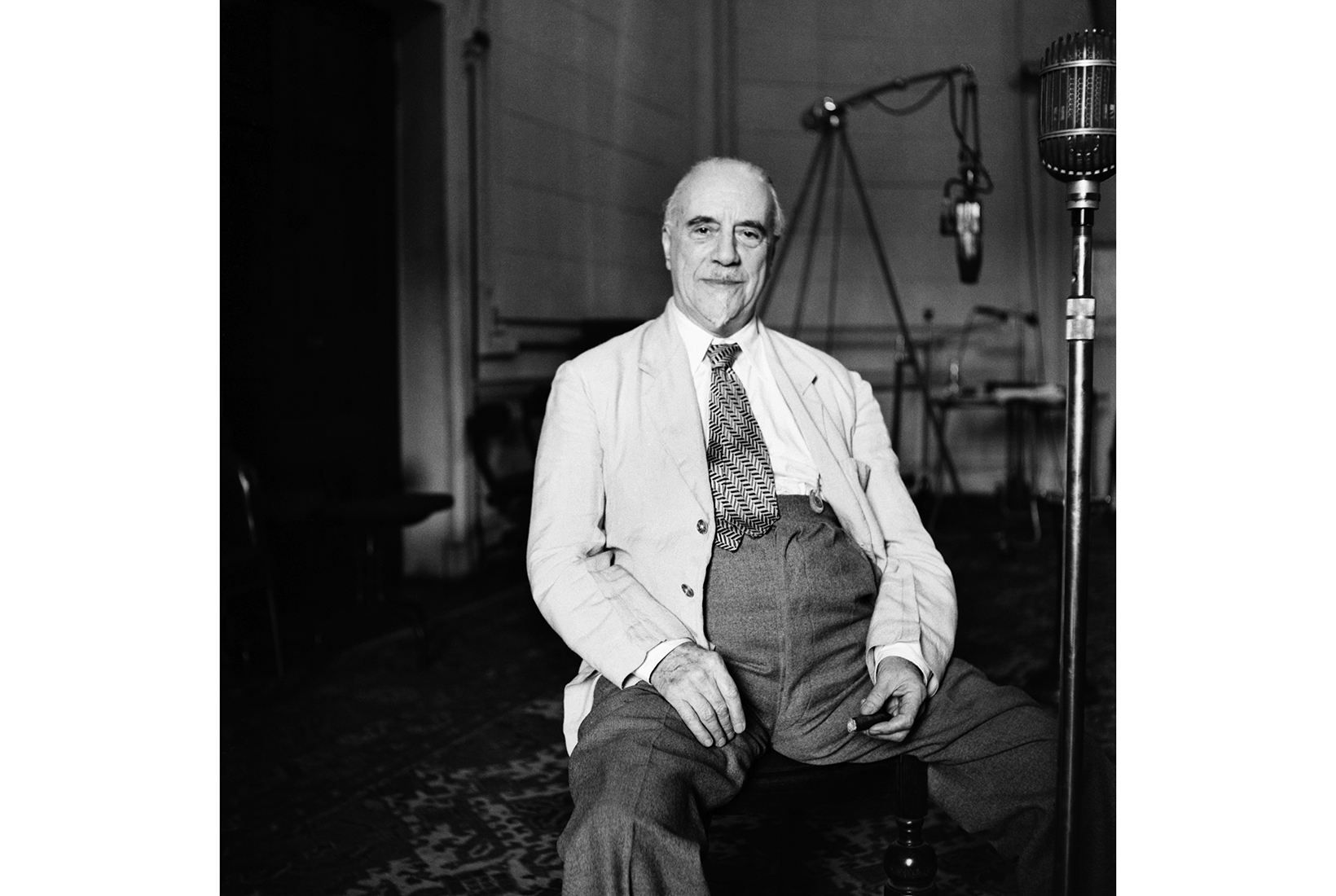Let me tell you about the very rich. They are different from you and me, though if you’ve spent much time in the world of classical music, and you hadn’t realised just how different, you could do worse than attend an opening night at Grange Park Opera. True, Grange Park’s founder, Wasfi Kani, is famously adept at cultivating donors: you don’t build an opera house on the late Duchess of Roxburghe’s Surrey estate without a certain fundraising flair. It was when Joanna Lumley shimmered on stage in a midnight-blue ball gown and suggested that we might each like to leave the company at least £25,000 in our wills that I really choked on my prosecco. Coming from the hardscrabble world of the subsidised arts (and used to ticking a hundred Arts Council boxes to scrape together a measly couple of grand), it was like tumbling into a parallel dimension.
Now Grange Park has staged The Life & Death of Alexander Litvinenko, a new opera by Anthony Bolton — one of the most successful fund managers of the past half century. What was it, asks a fellow critic, that attracted Grange Park’s artistic planners to the music of a wealthy City financier? In fairness, most critics approached the première with open minds: Bolton’s mentors include the composers Colin Matthews and Julian Anderson, both highly credible figures. It was a different story in 2014 when Welsh National Opera performed Usher House by the billionaire Gordon Getty. ‘The fact that his opera comes accompanied by a large gift make me wonder whether artistic judgments have not been skewed,’ commented Norman Lebrecht on the BBC, as Getty’s private jet descended into Cardiff for the première.
Because it isn’t right, is it? Art is supposed to emerge from poverty. It’s Beethoven scribbling away in squalor; it’s Schubert expiring romantically young in a Viennese garret.








Comments
Join the debate for just £1 a month
Be part of the conversation with other Spectator readers by getting your first three months for £3.
UNLOCK ACCESS Just £1 a monthAlready a subscriber? Log in